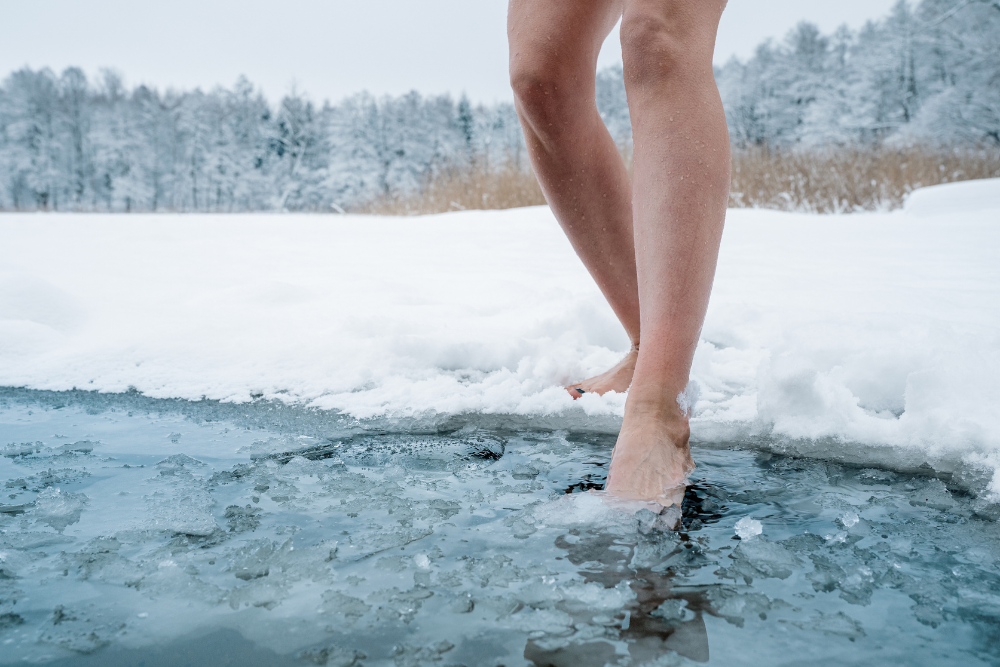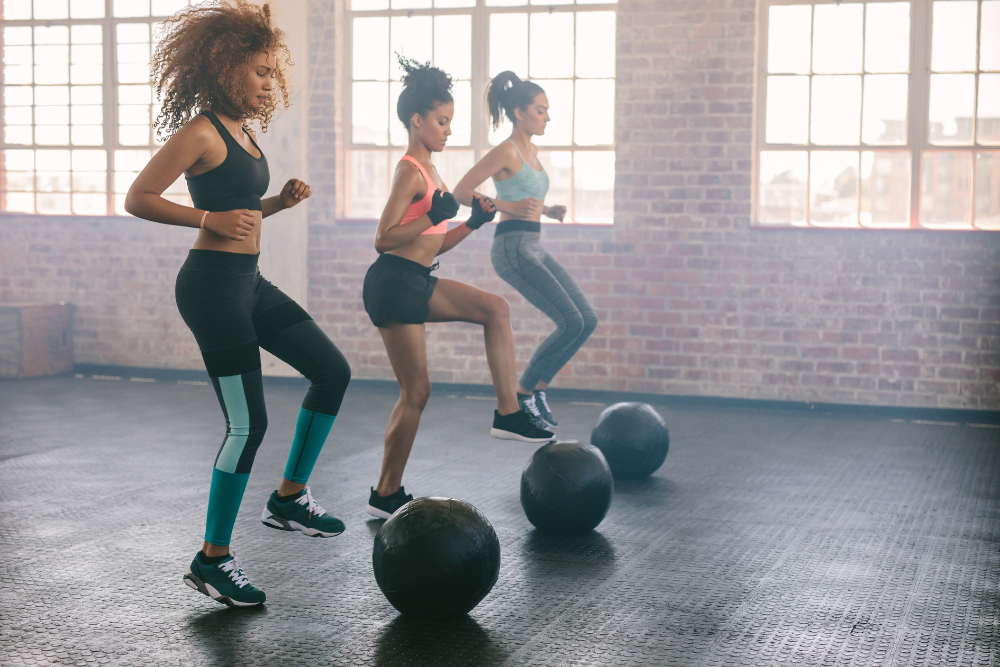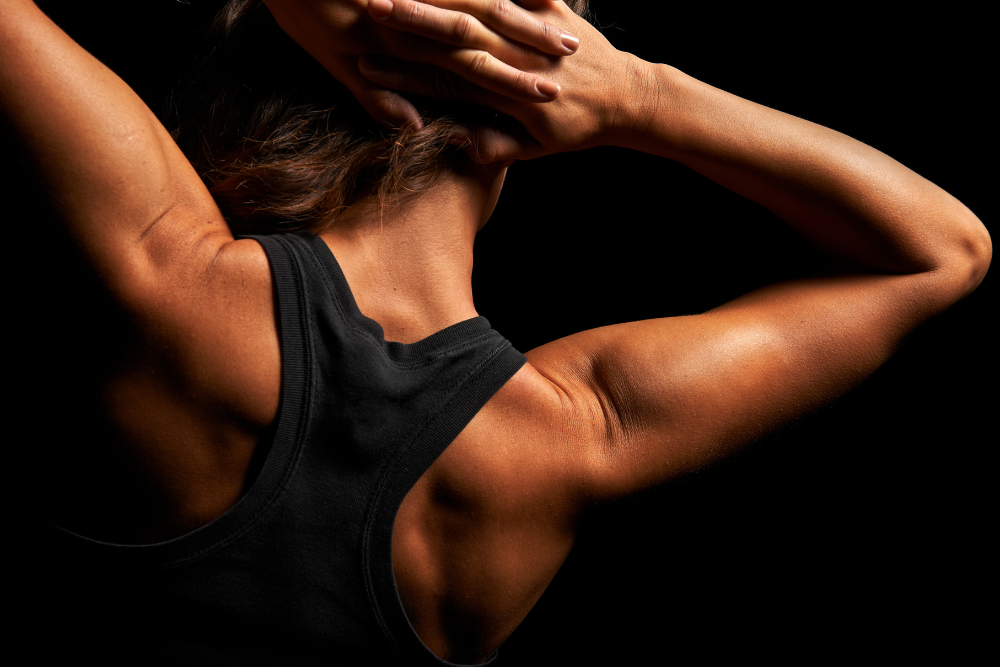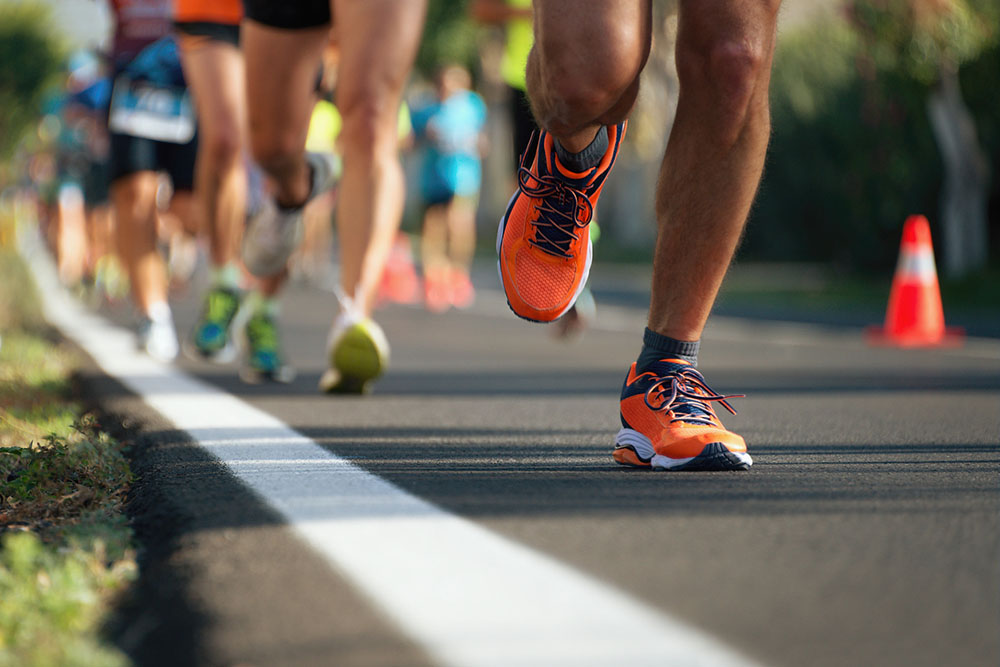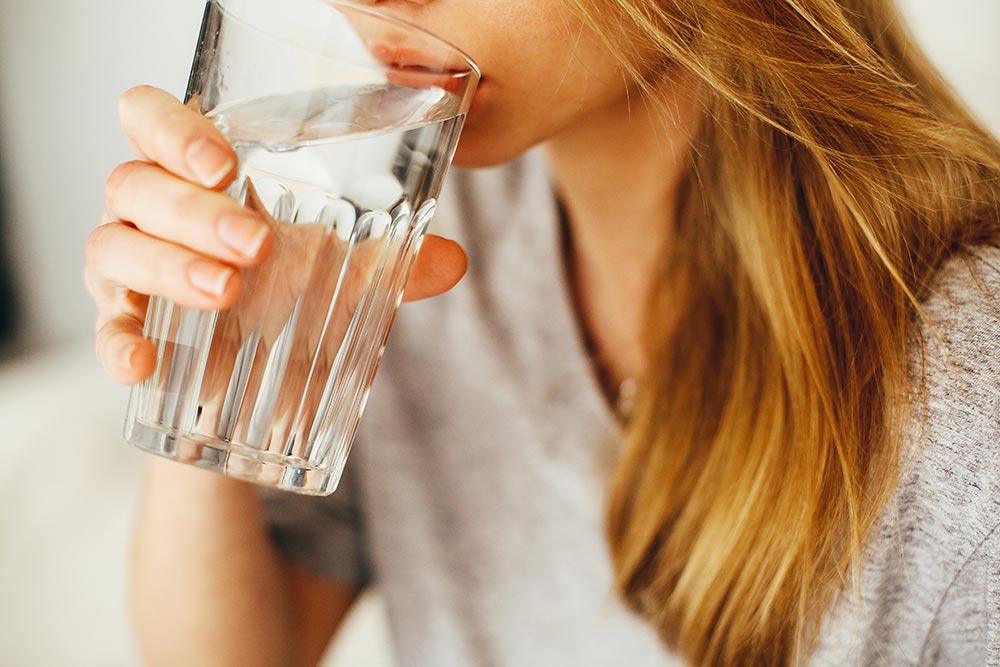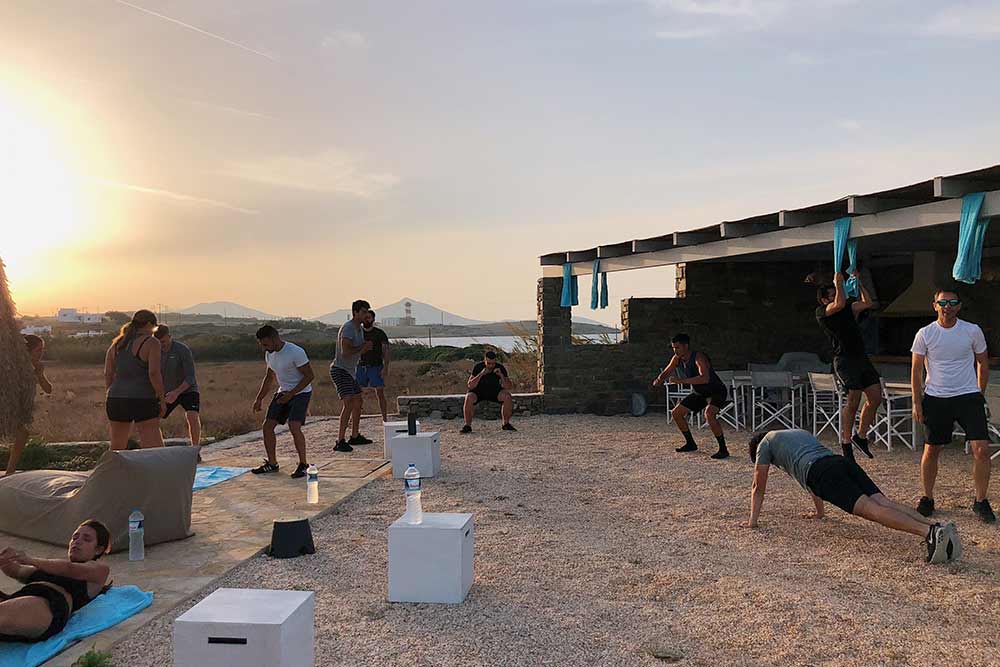Stopping To Drink: Is It Worth The Time?

Dayton Kelly
This article was adapted from a combination of speeches given at the European Sports Science Conference 2017, most notably Lewis James PhD (Loughbrough University, UK).
Research in dehydration and exercise has long been clouded in uncertainty despite athletes having been observed to lose three to four liters of water an hour exercising in the heat. It is clear that at some point dehydration impairs performance (dying of thirst would certainly increase your marathon time), but the magnitude of dehydration required for performance impairment remains debatable. Recommendations for fluid consumption may be further obscured as performance impairment will further depend on exercise type and the method of dehydration. It does appear, however, that long distance endurance exercise, such as marathon running, does display the greatest performance decrement with dehydration. So, is stopping to drink worth the time?
Where does the current literature stand?
In its infancy, research in dehydration suggested water loss may actually improve performance. It was found that the most successful athletes at marathon type events were actually the most dehydrated and thus dehydration must equal better performance. It was thought that the accompanying weight loss with dehydration may improve running economy. This conception has been since rejected realizing winning athletes were likely more dehydrated because they were running harder.
Related Article: Effects of Alcohol On Your Workout
 Since then, the body of literature has suggested that dehydration resulting in weight loss that exceeds 2% of the athlete’s total body mass will impair marathon-type performance. While this threshold has been repeatedly demonstrated, it has recently been called into question. It was recognized that no literature to date had actually blinded participants of their dehydrated status. Thus, people may be performing worse because they think dehydration will make them perform worse rather than any physiological mechanism be at play.
Since then, the body of literature has suggested that dehydration resulting in weight loss that exceeds 2% of the athlete’s total body mass will impair marathon-type performance. While this threshold has been repeatedly demonstrated, it has recently been called into question. It was recognized that no literature to date had actually blinded participants of their dehydrated status. Thus, people may be performing worse because they think dehydration will make them perform worse rather than any physiological mechanism be at play.
This would support the idea that marathon runners do not need to drink during marathon running. To tackle this issue, a sample of athletes performed twice performed testing hooked up to a machine providing an intravenous saline solution. On one of these occasions the machine provided regular saline, maintaining hydration throughout the exercise task, and on the other, hypohydrated saline solution was used to induce dehydration. On both occasions, participants were unaware of whether or not they were being rehydrated. The study found impairment regardless of participant blinding, suggesting a real physiological mechanism of dehydration exists.
Related Article: Pump Up Your Performance With Beet Root Juice!
Take away:
The literature suggests a physiological threshold for marathon-like exercise performance at a 2% body mass loss of water. Thus, marathon runners are advised to maintain hydration during marathon running to prevent too much fluid loss.
NOTE: Runners should practice like they perform, should you choose to rehydrate during your marathon you should practice grabbing cups of water while running, as you will have to do in competition.
(adsbygoogle = window.adsbygoogle || []).push({});
You Might Like:
RFK’s Plan to Make America Healthy Again: A Vision for a Healthier Future
Robert F. Kennedy Jr. (RFK Jr.), a prominent environmental lawyer and political activist, has emerged as a voice for change in the United States. Known for his work on environmental and public health issues, particularly...The Science of Temperature Therapy
Temperature therapy (also known as “thermal therapy” or “thermotherapy”) involves the use of heat or cold to improve health and function. Interestingly, thermotherapy has been around for centuries, with ancient cultures regularly using hot springs,...The Predictors of Longevity You Need to Care About
Living a long and healthy life is a universal aspiration, and with the publication of Peter Aittia’s new book “Outlive”, it has never been a bigger focus. With this has come the realisation that, while...How Overtraining and Undertraining Impacts Hormonal Health
While maintaining a healthy hormonal balance is essential for overall health and wellbeing, it is an often-overlooked component of women’s health. Hormones play a vital role in regulating various bodily functions, including metabolism, energy, mood,...12 days of Fitness: 12 Holiday workouts to crush this Christmas
The holiday period is a time for friends, food, and family. With this in mind, it should be a time of guilt-free fun. However, that doesn’t mean you have to neglect your fitness entirely over...Upper Body Strength in Post-Menopausal Women
Menopause is a unique time in the human life, and with it comes a myriad of changes that can have wide reaching health implications. However, over the last 20 years we have seen a strong...
(adsbygoogle = window.adsbygoogle || []).push({});


